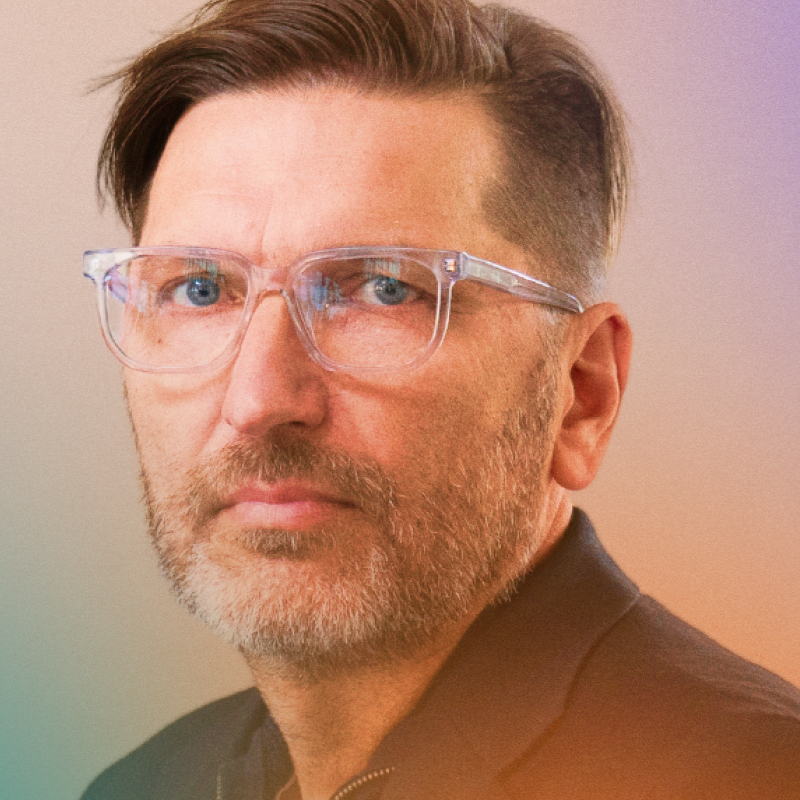Firefox is a Public Asset
[Cross-posted from Mitchell Baker’s blog. Mitchell is Chair of the Mozilla Foundation.]
Recently a Mozilla observer and contributor asked why Firefox isn’t treated as a typical for-profit, commercial effort, and why we are giving up the chance to get rich. This is a great topic for discussion, I’m glad it was raised. I’ve got a very strong opinion on this, and am quite interested in what others think.
There are many reasons why Firefox is a public asset, built for public benefit rather than private wealth.
To start with, we want to create a part of online life that is explicitly NOT about someone getting rich. We want to promote all the other things in life that matter — personal, social, educational and civic enrichment for massive numbers of people. Individual ability to participate and to control our own lives whether or not someone else gets rich through what we do. We all need a voice for this part of the Internet experience. The people involved with Mozilla are choosing to be this voice rather than to try to get rich.
I know that this may sound naive. But neither I nor the Mozilla project is that naive, and we are not stupid. We recognize that many of us are setting aside chances to make as much money as possible. We are choosing to do this because we want the Internet to be robust and useful even for activities that aren’t making us rich.
It’s possible that some participants are deferring the chance for personal wealth rather than giving up on it. Contributing to Mozilla, passing up opportunities for stock and wealth now, and planning to step back into that world after a while. This is a topic I’d love to discuss further and may write more about before too long.
But for now I want to concentrate on why I have always believed — and still do — that Firefox can not become a tool for some people to get rich. And why I believe the organizational home for Firefox (the Mozilla Corporation) must remain dedicated to the public benefit.
Firefox is not the creation of a “company” or a set of employees. The Mozilla Corporation and its employees are important, but not enough. Not remotely enough. And even if we had 2 or 3 or 4 times as much money or employees it would still not be enough.
Firefox is a great product because thousands and thousands of people care about it, and contribute to making it better. And the Firefox phenomena is even further removed from anything that could be accomplished if Firefox was a private company. Imagine 50 million people, or 100 million people or more. Now imagine getting all those people to download, install, and migrate to Firefox even though they have a similar piece of software already on their machines.
That used to be known as impossible. Today it’s known as Firefox. It is happening because tens of thousands — I believe hundreds of thousands of people — have taken it upon themselves to create Firefox, to spread Firefox, to localize it, to extend it, to tell others, to install it for others, to help others use it.
Firefox generates an emotional response that is hard to imagine until you experience it. People trust Firefox. They love it. Many feel — and rightly so — that Firefox is part “theirs.” That they are involved in creating Firefox and the Firefox phenomena, and in creating a better Internet. People who don’t know that Firefox is open source love the results of open source — the multiple languages, the extensions, the many ways people use the openness to enhance Firefox. People who don’t know that Firefox is a public asset feel the results through the excitement of those who do know.
Firefox is created by a public process as a public asset. Participants are correct to feel that Firefox belongs to them. They are correct legally, since the Mozilla Foundation’s assets are legally dedicated to the public benefit. They are correct practically because Firefox could not exist without the community; the two are completely intertwined.
Periodically someone suggests that it’s possible to build a community like this around a core of people who own a company, and use that company for the express purpose of generating wealth for a few. I don’t buy it. I don’t buy it on practical terms. The participants I meet radiate the conviction that Firefox exists to benefit all of us. I don’t buy it on a philosophical level either. A people-centered Internet needs some way for people to interact with the Internet that isn’t all about making money for some company and its shareholders.
We need a public benefit aspect to the Internet. That’s why we started building browsers in the first place. That’s why we build Firefox. That’s why we build Thunderbird, and why we’ll build future products.


